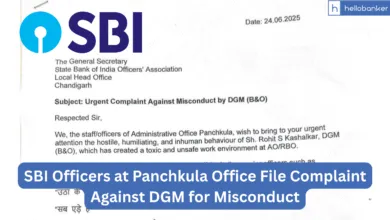SEBI ends permanent Board seats in listed companies, Check new guidelines

| ➡️ Get instant news updates on Whatsapp. Click here to join our Whatsapp Group. |
Starting from April 1, 2024, the Securities and Exchange Board of India (SEBI) has introduced amendments to the listing regulations, prohibiting promoter directors of listed entities and their related persons from enjoying “Board Permanency.” The revised regulations mandate periodic shareholders’ approval, to be obtained once every five years, for all categories of directors.
This new requirement aims to address the concerns regarding the granting of permanent board positions to a select few individuals. Non-executive non-independent directors will no longer have a guaranteed seat on the boards without shareholders’ approval after April 1, 2024. This means that directors appointed without the “retirement by rotation” principle and without a defined tenure will no longer have permanent positions.
Previously, non-independent non-executive directors did not require periodic shareholders’ approval. However, starting from April 1, 2024, listed entities must ensure that the directorship of all board members is presented to shareholders for approval at least once every five years. These amendments to the Listing Obligation and Disclosure Requirements (LODR) regulations have been notified by SEBI and will be implemented from July 13.
Furthermore, if a director’s appointment or re-appointment does not have shareholder approval within the past five years, i.e., from April 1, 2019, the listed entity must seek shareholders’ approval in the first general meeting held after April 1, 2024, according to SEBI.
However, it is important to note that these new regulations will not apply to directors appointed by a Court or a Tribunal, or to nominee directors of the Government or financial sector regulators on the boards of listed entities. They will also not apply to directors nominated by financial institutions registered with or regulated by the Reserve Bank of India (RBI) under a lending arrangement in the normal course of business, as specified by SEBI.
Previously, listed companies had been granting permanent board positions to specific individuals, typically promoter-directors or related persons, through the Articles of Association (AoA) clause that allowed certain directors to serve for a lifetime. The SEBI consultation paper had highlighted that this practice enabled directors to continue their service regardless of shareholders’ intentions.
